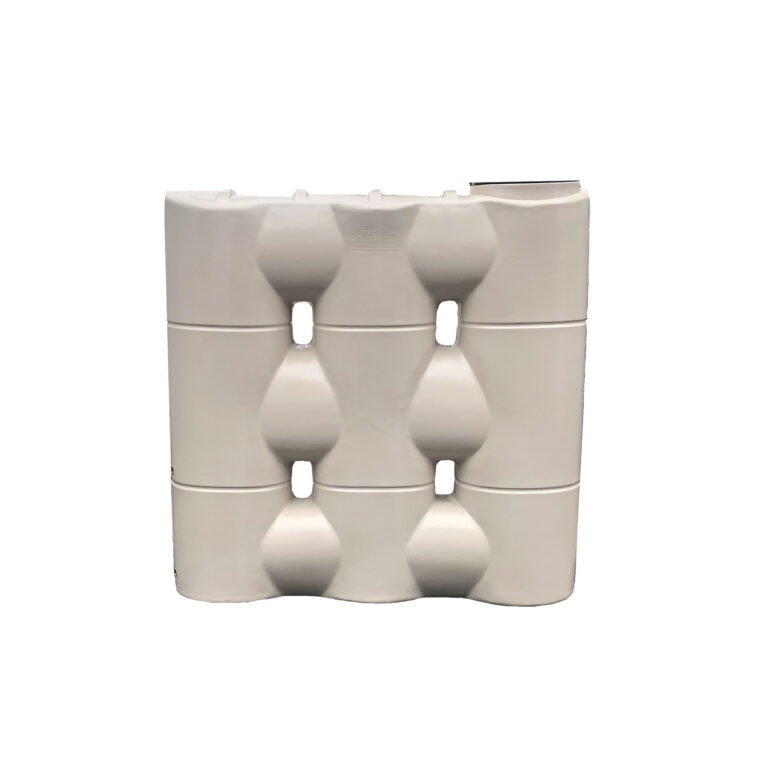Inexpensive Slimline Water Tanks: Enhance Your Rain Harvesting
Inexpensive Slimline Water Tanks: Enhance Your Rain Harvesting
Blog Article
Exploring the Various Usages of Rain Tanks for Residential and Commercial Characteristics
As the international focus on sustainable living techniques remains to magnify, the use of rainwater containers in both property and industrial setups has actually become an essential solution. These tanks provide a storage tank for rainwater harvesting, presenting a myriad of potential applications that extend far past mere storage. From irrigation to commode flushing and landscaping, the convenience of rain containers is vast. Their combination into business homes opens up a realm of opportunities for eco conscious organizations. The diverse usages of rainwater tanks present an engaging situation for their fostering, not only as a sensible water-saving measure but additionally as a testimony to accountable resource monitoring.
Advantages of Utilizing Rain Containers
Making use of rainwater tanks uses numerous benefits for both houses and areas in regards to water conservation and sustainability. One of the essential advantages of making use of rain tanks is the substantial decrease in dependence on mains supply of water - Slimline water tanks. By recording and storing rainwater for later use, people and neighborhoods can lower their need for treated water, ultimately reducing the burden on water treatment centers and decreasing energy consumption connected with water transportation and treatment
Additionally, rainwater collecting through tanks provides a reliable alternative water source during times of water limitations or scarcities. This saved rainwater can be made use of for different non-potable functions such as watering, flushing toilets, and cleaning clothing, lowering the pressure on conventional water sources. Additionally, utilizing rainwater storage tanks can lead to cost savings for both homes and communities by lowering water costs and lowering the demand for pricey facilities developments to fulfill expanding water demands.
Basically, the application of rainwater storage tanks uses a lasting and eco-friendly technique to water monitoring, profiting both private customers and the more comprehensive neighborhood in terms of water preservation, cost-efficiency, and strength.
Rain Tank Usage in Irrigation
Offered the benefits of rainwater containers in preserving water sources and decreasing dependence on mains water supply, a considerable application lies in making use of saved rainwater for irrigation functions - Slimline water tanks. Rainwater collecting systems can efficiently accumulate and store rainwater, supplying a lasting water source for sprinkling yards, grass, and agricultural fields. By utilizing rain for irrigation, residential or commercial property proprietors can minimize their reliance on cured water sources, causing cost financial savings and environmental advantages

One of the main advantages of making use of rainwater for irrigation is its pureness. Rainwater is naturally soft and without the chemicals and additives typically found in keys check out here water, making it ideal for nourishing plants without the danger of damaging effects. Additionally, rain is at ambient temperature, which can benefit plant development by staying clear of temperature shocks that can happen with chilly keys water.
Rainwater Storage Tanks for Commode Flushing

Executing rainwater storage tanks for toilet flushing is a cost-efficient and eco-friendly method that can be easily integrated into both residential and business homes. The stored rainwater can be utilized to flush toilets by connecting the container to the existing pipes system. This straightforward yet effective solution can significantly lower water intake in a building, specifically in locations where water shortage is a concern.

Integrating Rain Containers in Landscaping
These storage tanks can catch and keep rainwater runoff from roofs, which can then be used for watering yards, yards, and plants. By utilizing rain for watering purposes, property proprietors can minimize their reliance on local water sources, leading to set you back financial savings and conservation of priceless water resources.
Along with offering a sustainable water resource for landscaping requirements, rain containers can additionally assist in handling stormwater overflow. By recording rain that would certainly or else move into tornado drains, these tanks can minimize disintegration, lower flooding threats, and prevent pollution of natural water bodies. Furthermore, including rain storage tanks in landscape design can add to the overall visual charm of the home, showcasing a commitment to environmental stewardship.
Commercial Applications of Rain Storage Tanks
Making use of rain tanks in commercial settings uses a lasting option for water monitoring and preservation, profiting organizations and the environment alike. One key industrial usage is for watering functions, where gathered rainwater can be used to water landscape design, yards, and farming areas surrounding business properties.
Additionally, rain collected in containers can be treated and used for non-potable purposes within industrial This Site properties, such as flushing bathrooms, cleansing, and cooling down systems. In general, the unification of rain tanks in commercial settings offers a sensible and ecologically accountable approach to water monitoring.
Verdict
Finally, rainwater tanks offer many advantages for both household and business homes. From watering to toilet flushing and landscape design, using rainwater tanks can help conserve water sources and decrease water bills. Furthermore, including rain containers in industrial setups can cause substantial expense financial savings and environmental benefits. Generally, the versatility and sustainability of rainwater tanks make them a useful financial investment for any property owner seeking to enhance water effectiveness.
Report this page